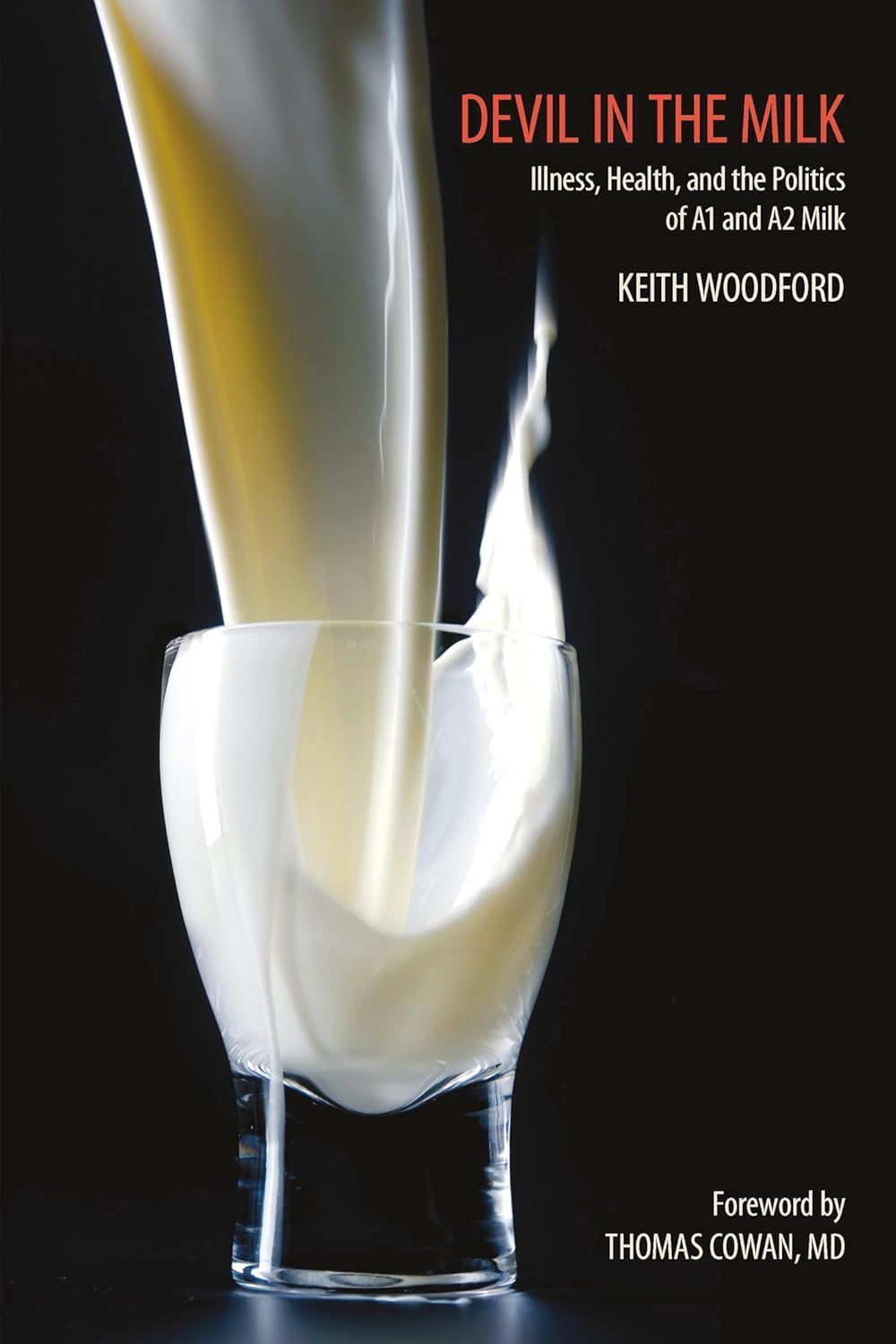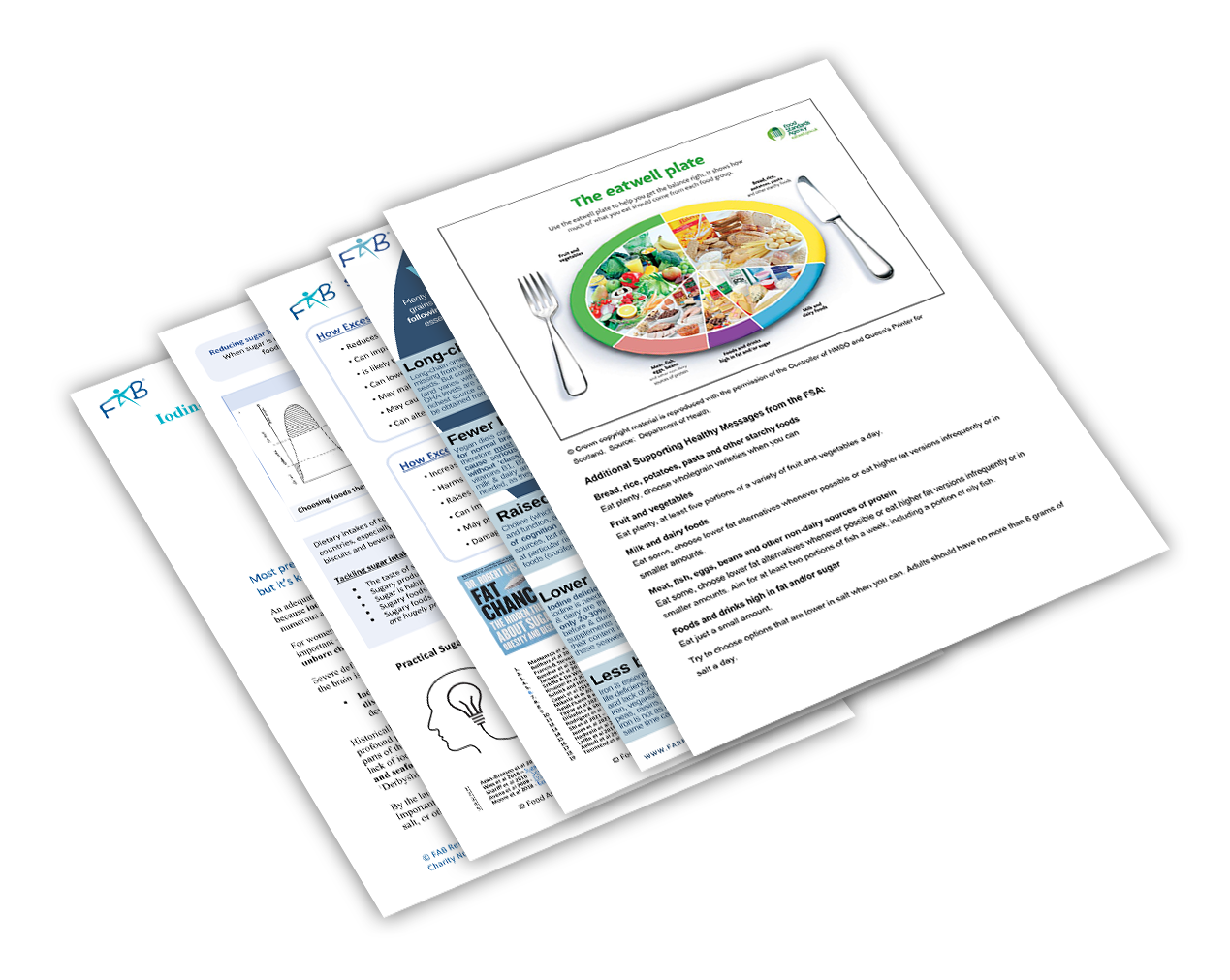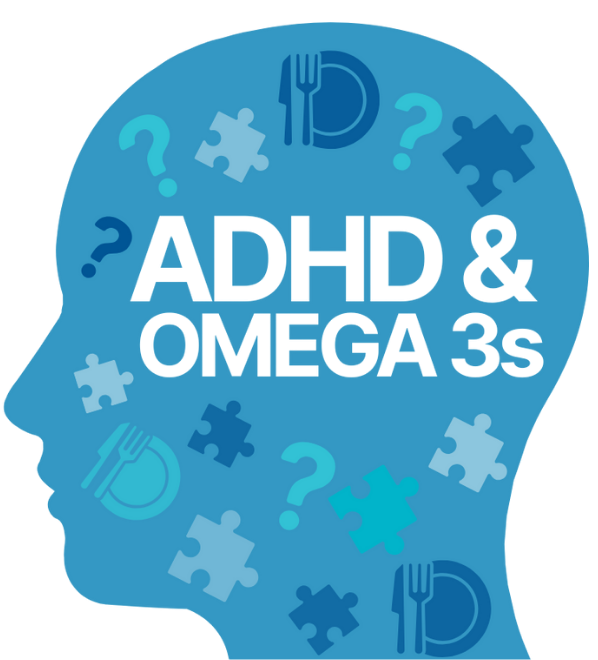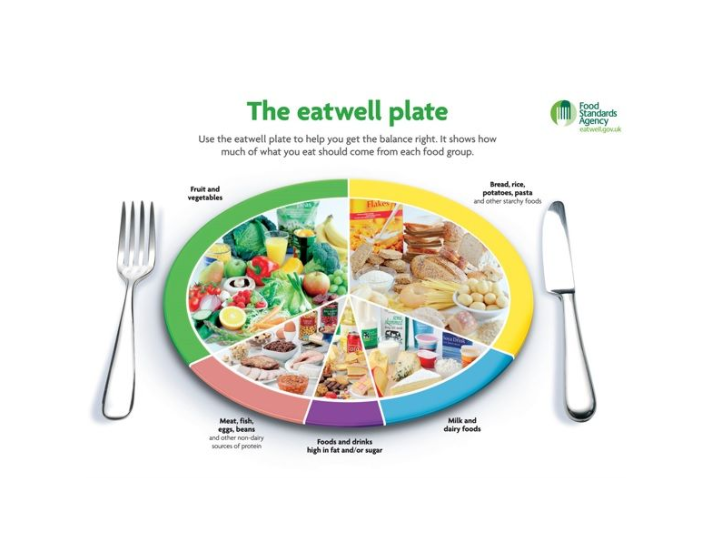Receive exclusive content, promotions, news and events to your mailbox.
Devil in the Milk: Illness, Health and the Politics of A1 and A2 Milk
This groundbreaking work is the first internationally published book to examine the link between a protein in the milk we drink and a range of serious illnesses, including heart disease, Type 1 diabetes, autism, and schizophrenia

Certain health problems are linked to a tiny protein fragment that is formed when we digest A1 beta-casein, a milk protein produced by many cows in the United States and northern European countries. Milk that contains A1 beta-casein is commonly known as A1 milk; milk that does not is called A2. All milk was once A2, until a genetic mutation occurred some thousands of years ago in some European cattle. A2 milk remains high in herds in much of Asia, Africa, and parts of Southern Europe. A1 milk is common in the United States, New Zealand, Australia, and Europe.
In Devil in the Milk, Keith Woodford brings together the evidence published in more than 100 scientific papers. He examines the population studies that look at the link between consumption of A1 milk and the incidence of heart disease and Type 1 diabetes; he explains the science that underpins the A1/A2 hypothesis; and he examines the research undertaken with animals and humans. The evidence is compelling: We should be switching to A2 milk.
A2 milk from selected cows is now marketed in parts of the U.S., and it is possible to convert a herd of cows producing A1 milk to cows producing A2 milk.
This is an amazing story, one that is not just about the health issues surrounding A1 milk, but also about how scientific evidence can be molded and withheld by vested interests, and how consumer choices are influenced by the interests of corporate business.
"Devil in the Milk is potentially as significant as Carson's Silent Spring or Nader's Unsafe at Any Speed."—Alan Robb, The New Zealand Farmers Weekly
About the Author
Keith Woodford is Professor of Farm Management and Agribusiness at Lincoln University in New Zealand. Keith is author of the groundbreaking book ‘Devil In the Milk’ that examines the health issues and industry politics surrounding the A2 milk story.
A2 milk is milk that is free of A1 beta-casein, a ‘rogue’ milk protein produced by many cows in western countries suspected of causing most problems in dairy-intolerant people. Milk that contains A1 beta-casein is commonly known as A1 milk, whereas milk that does not is called A2. Originally all milk was A2 until a mutation affecting some European cattle occurred some thousands of years ago.
Keith has brought together evidence, published in more than 100 scientific papers, of the link between the consumption of A1 milk and the incidence of heart disease and Type 1 diabetes, autism and schizophrenia; he explains the science that underpins the A1/A2 hypothesis; and examines the research undertaken with animals and humans. The evidence is compelling: we should be switching to A2 milk.
Get the latest insights in nutrition and brain health
More articles











